What is med-links?
Abouts us
MED-LINKS seeks to empower small-scale producers by providing solutions that enhance efficiency and sustainability in fruit and vegetable supply chains in Mediterranean countries.
It delves into competitive performance assessment, supports the adoption of quality and sustainability standards, and implements innovative IT tools for decision-making and management practices optimization.
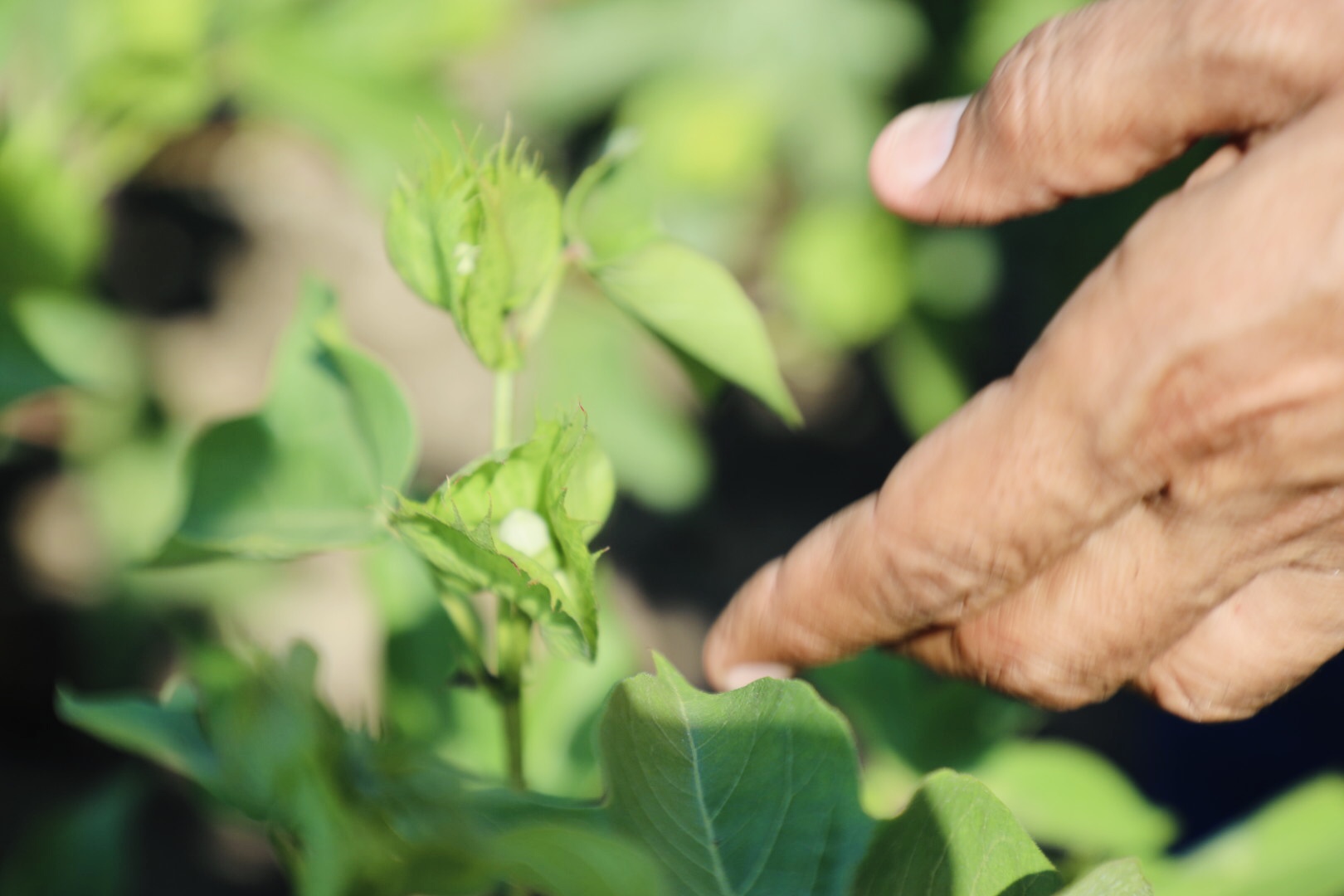
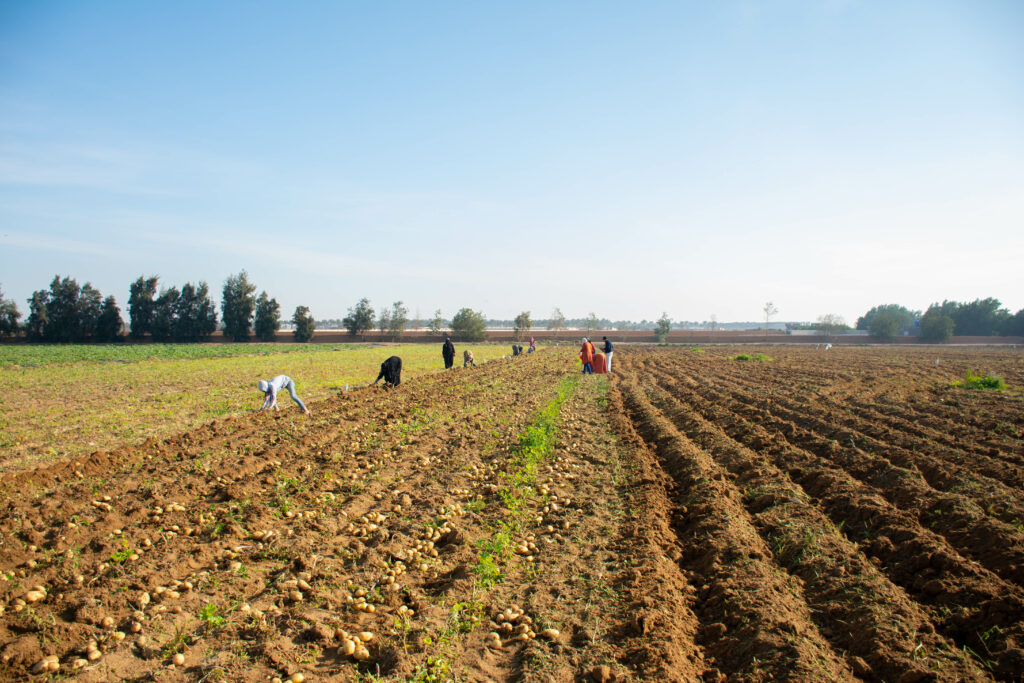
The MED-LINKS project is structured into six Work Packages (WPs), each addressing a key area to support sustainable and inclusive fruit and vegetable supply chains in the Mediterranean region:
WP0 Coordination and Management: Oversees project implementation, partnership coordination, and administrative management.
WP1 SME Competitiveness and Consumer Attitudes: Analyzes supply chain performance and consumer preferences to identify opportunities for improvement.
WP2 Sustainability Standards and Pathways: Develops Voluntary Sustainability certification strategies adapted to local contexts.
WP3 Business Models and Market Access: Designs and tests business models to improve efficiency, profitability, and market connections.
WP4 Digital Solutions for Market Linkages: Creates digital tools, including a blockchain-based platform, to support training, transactions, and networking.
WP5 Pilot Actions: Validates the project’s tools and strategies through real-world testing in Egypt, France, Greece, Italy, and Morocco.
WP6 Dissemination and Exploitation: Promotes the use and impact of project results through communication, stakeholder engagement, and training.
Supply chains
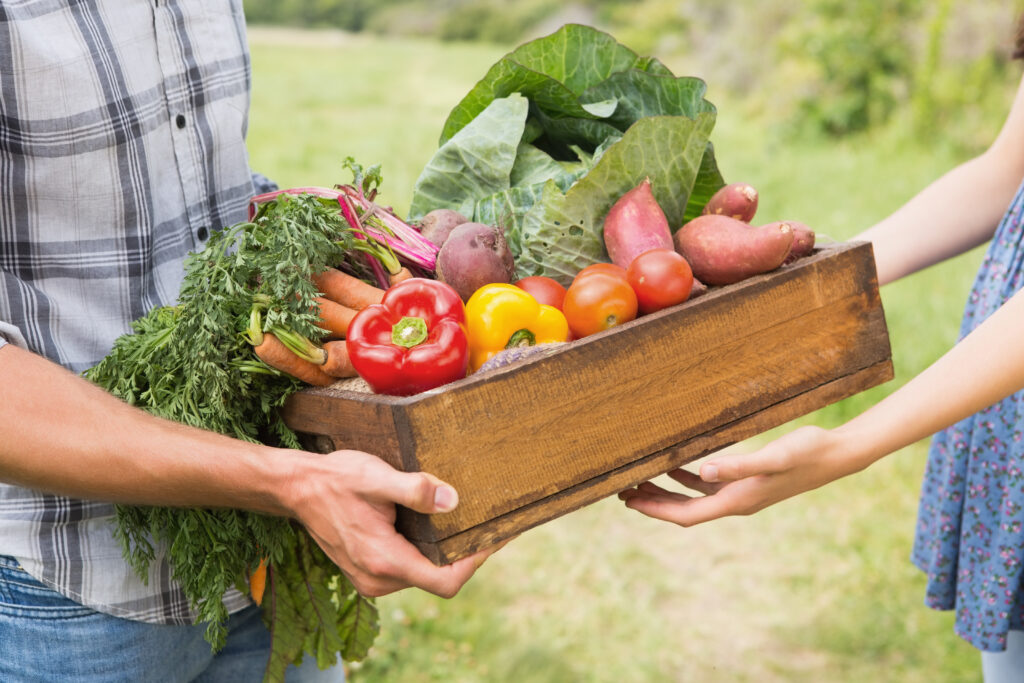
Short food supply chain (SFSC)
These involve direct sales between small-scale farmers and consumers, with minimal intermediaries. SFSCs prioritize local distribution, often through farmers’ markets, local retailers, or direct-to-consumer delivery systems, promoting fresh, locally
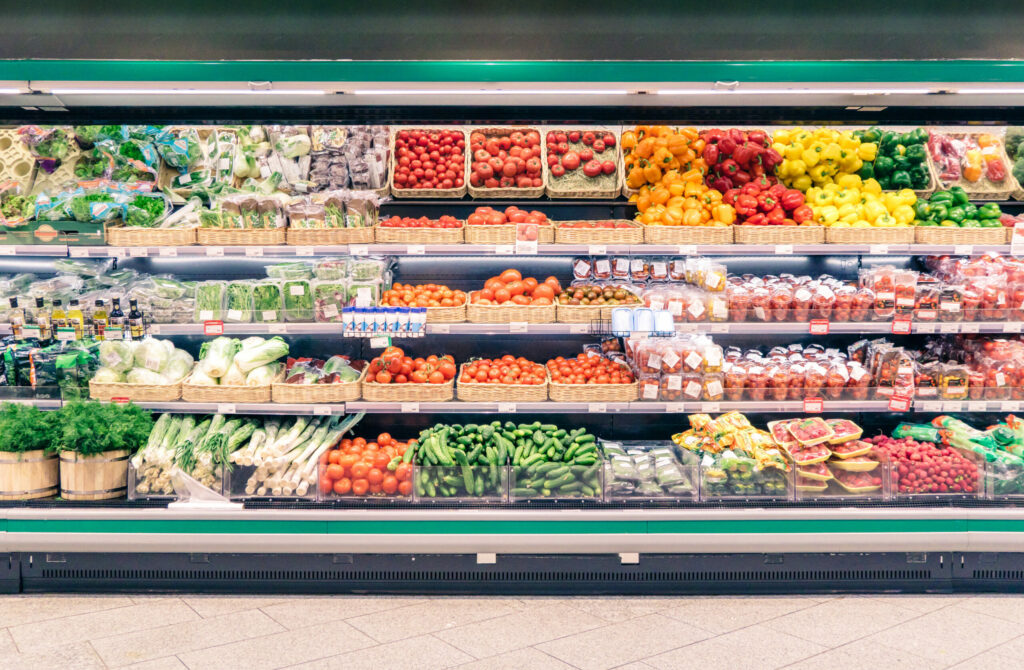
Export-oriented food supply chain (EOSC)
These supply chains focus on the international export of products, requiring compliance with strict quality standards, certifications, and traceability. EOSCs are essential for small-scale farmers looking to enter competitive global markets.
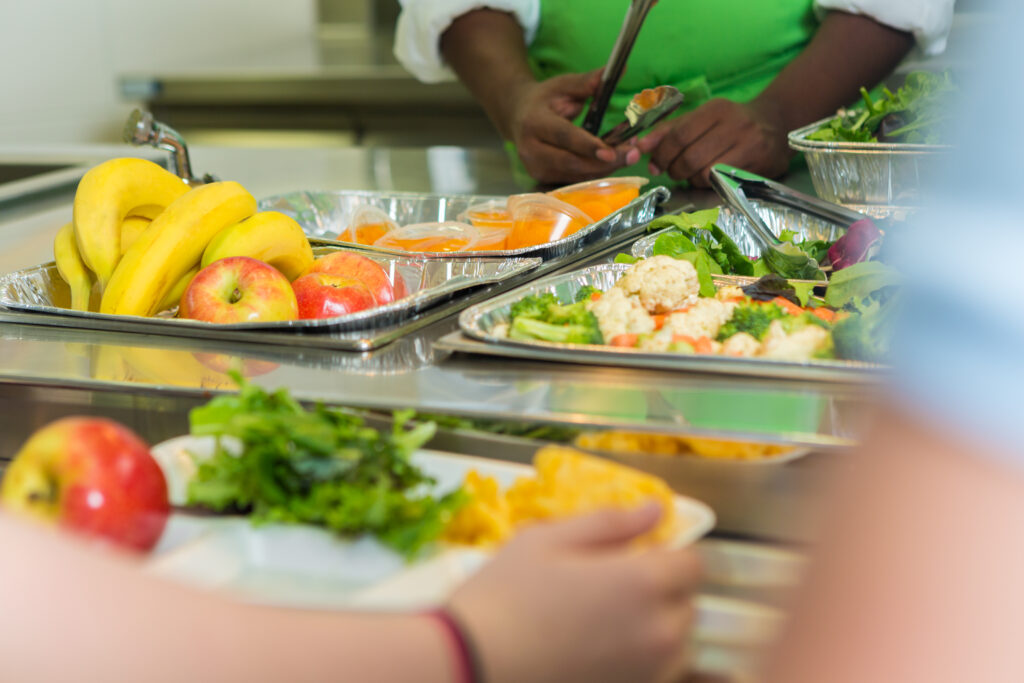
Green public procurement (GPP)
GPP integrates environmental criteria into the purchasing decisions of public authorities. It encourages the acquisition of sustainable products, e.g., organic fruits and vegetables, and services, aligning with sustainable development goals and reducing environmental impact in public sector supply chains.
Optimization tools

Business models
Business model optimization focuses on improving the economic, environmental, and social dimensions of the supply chain. This involves
refining the cost structure, improving logistics, improving customer relationships, and promoting local and sustainable production. By adjusting value propositions and distribution strategies, farmers and producers can better align with market demands and sustainability goals.
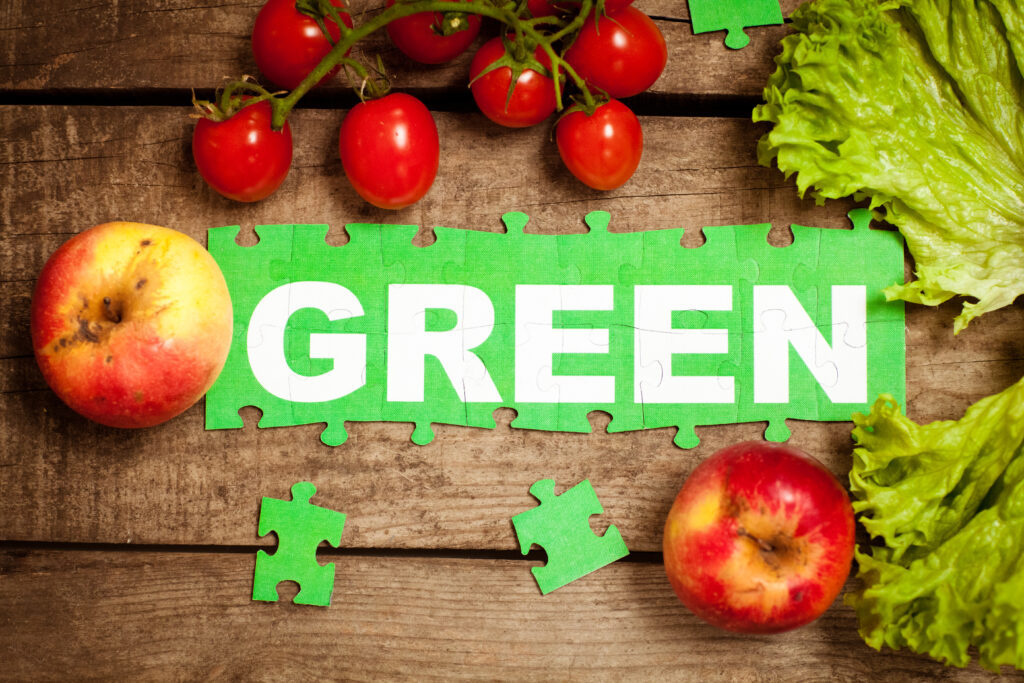
Voluntary Sustainability standards (VSS)
VSS help ensure products meet higher environmental, social, and ethical standards. These are certification like Demeter, Fair Trade, and Km0. VSS can open new market opportunities for farmers and improve product differentiation in increasingly competitive and globalized food systems, while enhancing product transparency, social responsibility, and environmental sustainability

Digital tools
MED-LINKS digital tools support networking, transaction management, and supply chain optimization by linking small-scale producers to markets on a unified platform. The platform consist of three key components: a networking tool to connect producers with buyers, a training section offering video lessons translated into multiple languages to support easy learning and adoption of new practices, and smart contracts powered by blockchain technology to secure transactions between sellers and buyers.